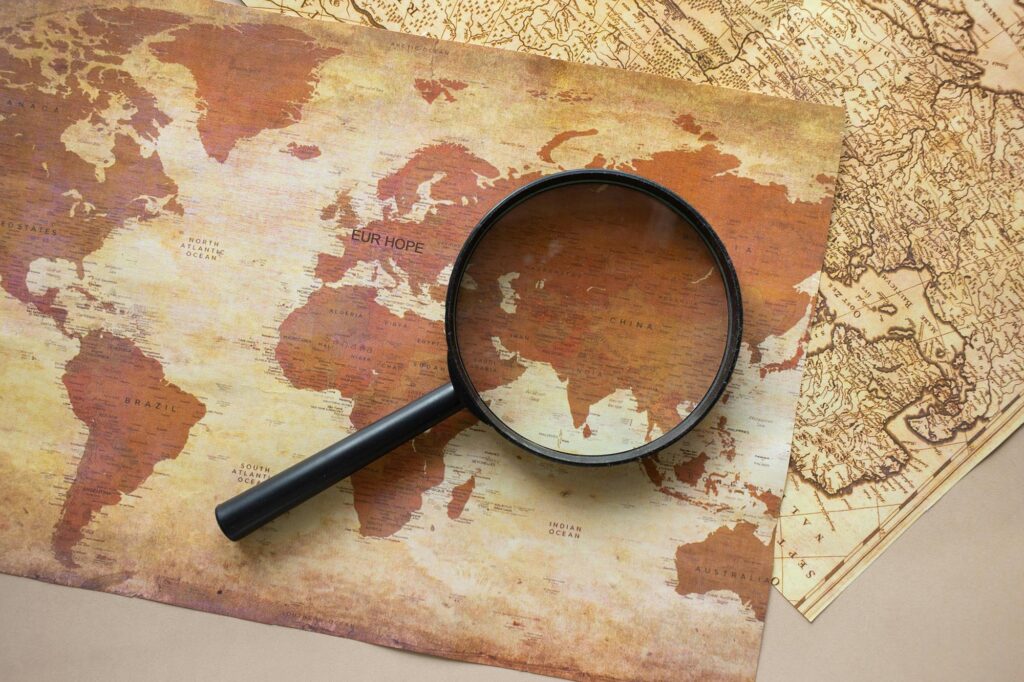
by Francesco Paolo Sgarlata |
As we approach the U.S. elections, it’s worth reflecting on the broader picture, regardless of who wins: the path towards a fully integrated European federation seems to serve the interests of very few, if any, apart from the Europeans themselves.
It’s certainly not in America’s interest. Why would the U.S. support the emergence of a strong Western bloc that could challenge its global dominance, or even surpass it?
Regardless of the next occupant of the White House, the U.S. would prefer a unified European Union—but not too unified—ensuring that Europe remains economically cohesive yet politically dependent, perpetuating a relationship where European nations function as an extended arm of American influence.
A strong EU is not even in Putin’s interest, as he has reportedly long funded major European nationalist parties precisely to prevent greater integration of the Union and, consequently, the formation of a powerful and cohesive political entity near his borders. For what other reason would he have done so, if not for this?
Then there’s China. A consolidated EU would force China to contend with two major Western powers—both the U.S. and the EU—instead of just America. President Xi Jinping has consistently prioritized bilateral relations with individual European countries like France, Italy, and Hungary, rather than engaging directly with the EU, where trade tensions remain high.
It’s clear that China has more leverage over individual states than it would with a united European federation—making it unlikely to wish for such an outcome.
In short, the European Union may be an economic partner, but it is far from being a serious political player on the global stage. And the great powers have no interest in seeing that change, now or in the future.
Outside of Europe, the prospect of a strong, cohesive, and independent EU—especially in political and military terms—faces significant resistance. And this external pressure undeniably dampens any momentum toward further integration within Europe itself, whether such initiatives come from individual nations or organically from within the Union.
The internal picture isn’t much brighter. Europe’s divisions, amplified by external powers, are further fueled by selfishness and shortsightedness among its member states.
Why would individual countries willingly surrender large parts of their sovereignty? Is it out of a sudden, noble realization of their political leaders? Hardly. Real integration only happens when faced with significant, transnational threats—much like the Soviet Union once provided the impetus for the creation of the European project.
But with the fall of the Soviet Union, not only did the Berlin Wall come down, but so did the main driver for European integration.
In recent years, several crises—whether it’s Covid, economic instability, climate change, immigration, the waning of American influence, or the war on Europe’s doorstep—have all presented opportunities for stronger cohesion.
These are problems too big for any one nation to solve alone. Yet these opportunities have gone largely unseized, for both external and internal reasons.
The truth is clear: if Europeans can’t find the will to help themselves rise to the occasion, no one else will do it for them.

Francesco Paolo Sgarlata
Editorial Director

